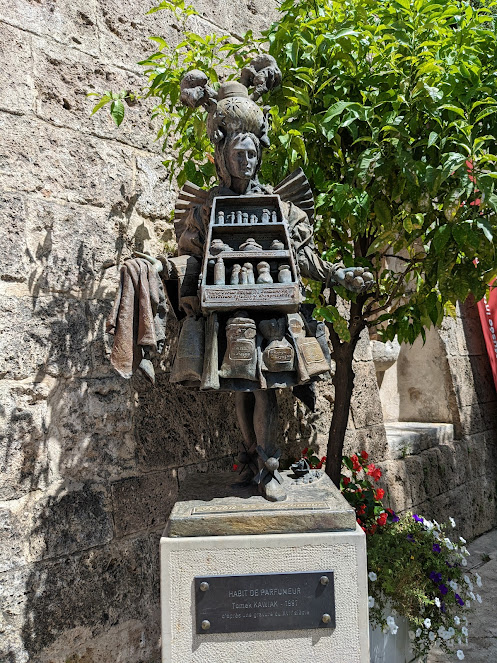Kylan Rice and I began talking seriously about Thirdhand Books in fall 2022, when Ross White of Bull City Press approached Kylan about starting a press for their incubator program. We’re now an imprint of BCP, and we quite literally wouldn’t exist without their mentorship, operational infrastructure, and financial support. Check out the other projects in their incubator program here: https://bullcitypress.com/projects/incubator/.
From the beginning, we knew we wanted to publish full-length books, and we wanted to create a space for experimental poetry that was also interested in literary history, perhaps self-consciously so. We wanted to know how contemporary writers were situating themselves in relation to their own canons, to the long sweep of books and language that have given them, for better or worse, the tools they have to work with. We published our first two books, Patty Nash’s Walden Pond and Jordan Dunn’s Notation, in 2024. These books are, among other things, two very different takes on works by Henry David Thoreau. (I’m still holding out hope someone will write a double review!) Our next book is You’re Called by the Same Sound by Alicia Wright, releasing in late summer 2025. It’s a collection of poetry written amid a flood of documents, pollution, maps, and photographs, and considers how poetry might begin to speak about the violence, dispossession, and ties of the past.
Kylan and I have been friends for over ten years now, and we first met while working on a literary journal together. As editors, our taste isn’t identical, and that’s led to (I hope) an interesting and varied list. Kylan favors carefully crafted poems with an intelligent immediacy; I gravitate toward fragments, humor, and the surreal. We both get excited about books that feel confident from the first page, driven by an urge to speak, attentive to language’s sound, texture, and memory.
Our personal lives and the dissolution of SPD slowed the publication of our first titles, but our eventual hope is to publish four books a year. Juggling busy lives–finishing degrees, starting careers, having kids–alongside the unpaid work of running a small press is by far the biggest challenge we’ve faced.
That said, while there are many financial challenges to publishing experimental poetry, I’ve long felt that small presses can do more to market their books. With mentorship from BCP and relying on our previous experiences as publishers and booksellers, we’ve tried hard to get our books into the hands of a wider group of readers than might otherwise seek us out on their own. A little naively, perhaps, I’m convinced there are more people interested in reading poetry than the small press ecosystem currently believes, but these readers need exposure to it, and access to it, and some tools to approach it with. Will my theory prove correct? To be honest, I’m not yet sure–but the future is long. I’m optimistic.
Lindsey Webb is the author of Plat (Archway Editions, 2024), which was named a best poetry book of 2024 by The New York Times Book Review, and the chapbooks House (Ghost Proposal, 2020) and Perfumer's Organ (above/ground press, 2023). Her writing has appeared in BOMB, Chicago Review, Denver Quarterly, and Lana Turner, among others. With Kylan Rice, she edits Thirdhand Books.






